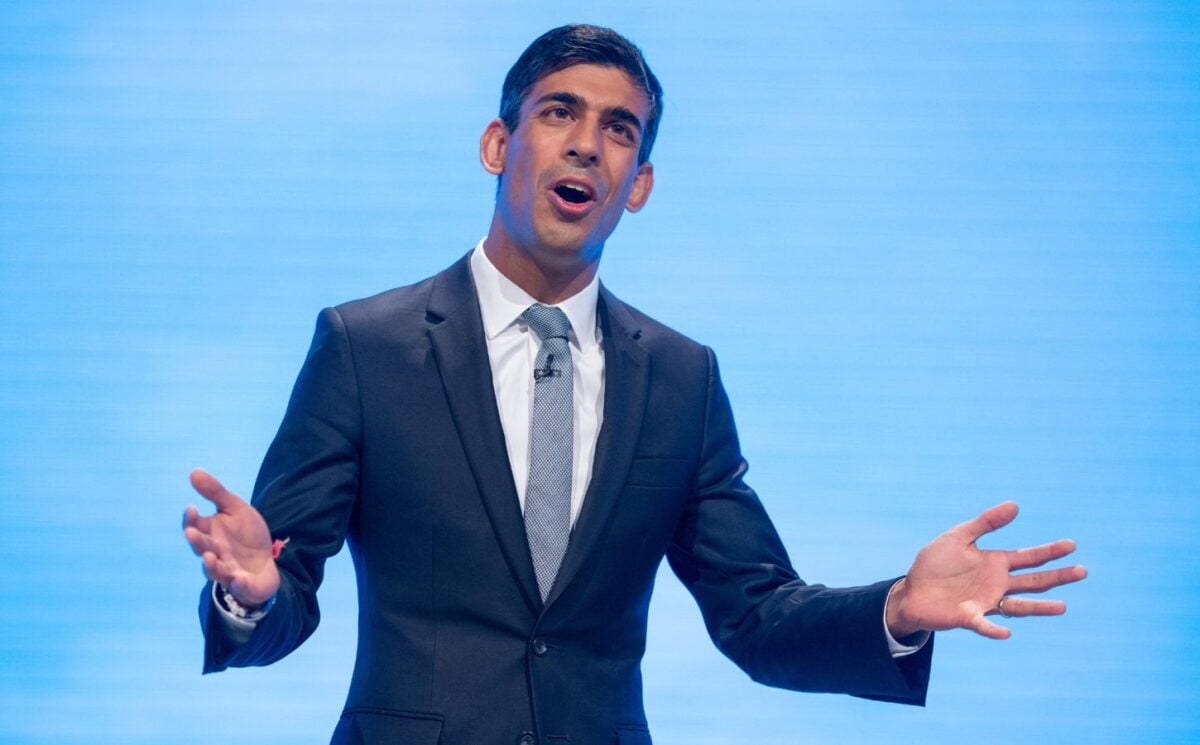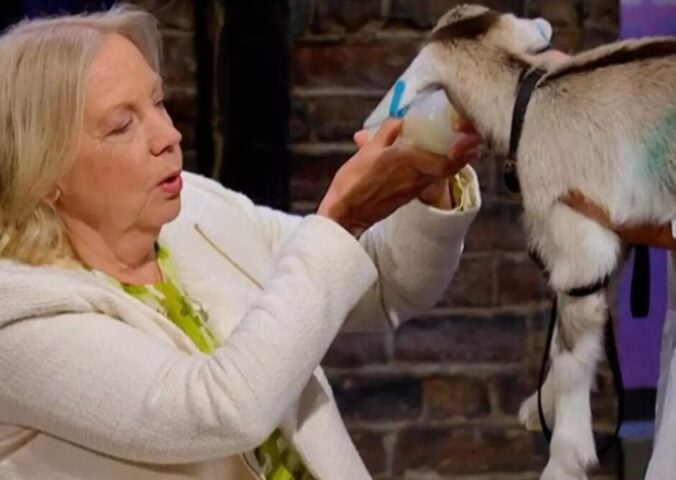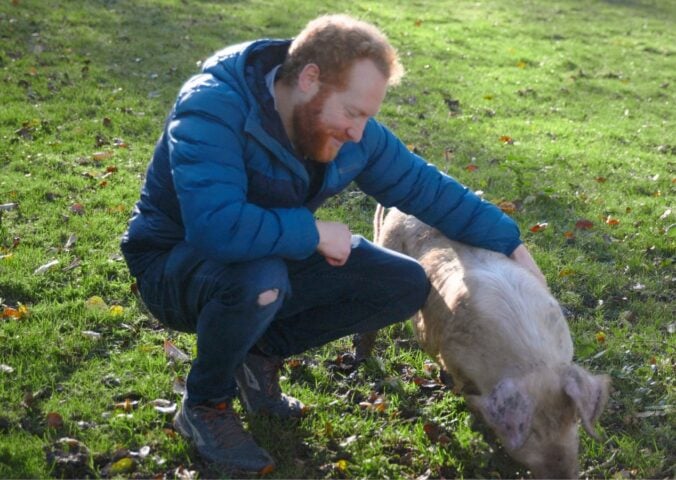British Prime Minister Rishi Sunak has announced that he is scrapping plans to tax meat. But such a tax to force a reduction in consumption was never a Tory or Labour policy.
Sunak’s rejection of the “plan” is part of his U-turn on the government’s plans that were part of the UK’s legally-binding target to bring the country’s emissions to net zero by 2050.
Along with a meat tax, Sunak has promised to ditch several other seemingly imaginary climate policies, including taxes on flying and compulsory car sharing. But he has also overhauled some real climate policies, to the horror of scientists and environmental groups. The ban on selling new petrol and diesel cars that was due in 2030 has been pushed back to 2035, while the plan to phase out the installation of gas boilers by 2035 has been weakened to an 80 percent phase out target.
When challenged on his scrapping of measures that no one had seriously proposed, Sunak said that the government’s advisory Climate Change Committee (CCC) had “euphemistically” proposed a tax on meat.
So what meat reduction measures have actually been suggested? And why has Sunak spoken about a meat tax?
What is a meat tax?
The idea of a meat tax has been floated by academics, including scientists at the University of Oxford. Some see it as an inevitable and crucial policy move. It would involve governments adding a tax to meat products to discourage consumers from buying them so often.
In one study, economics and climate researchers suggested that in high-income countries, beef should cost 35 to 56 percent more, chicken 25 percent more, and lamb and pork 19 percent more. This would more accurately reflect the environmental costs of their production. In the UK, they said, a 200g beef steak costs on average £2.80; with a meat tax this would rise to between £3.80 and £4.30.
The researchers also proposed redistributing the revenue from a meat tax evenly across the population, such as in lump sum yearly payments, so that people on low incomes would actually be better off than before. They also suggested that some of the revenue could be used to subsidize the cost of healthy and sustainable plant-based foods.
Some politicians in other countries, including Germany and the Netherlands, have been considering meat taxes to lower consumption and associated emissions. But overall, meat taxes and other policy measures to reduce meat consumption are politically unpopular, with many barriers to their adoption.
In October 2021, when Boris Johnson was still Prime Minister, the UK government published a blueprint to make public behaviour less emissions-intensive alongside its net zero strategy. The blueprint, produced by the government’s advisory behavioral insights team, or “nudge unit”, did include the idea of a meat tax and a reduction in frequent flying. But it was deleted hours later.
What do climate experts recommend?
Sunak’s claim that the CCC has indirectly suggested a meat tax doesn’t appear to be true.
The CCC recommends a 20 percent reduction in meat and dairy consumption by 2030 and 35 percent reduction in meat by 2050. The CCC also says that the government must devise evidence-based policies to encourage dietary shifts. Its only suggestion is that the public sector could take the lead in offering plant-based options with all meals. It further says that if these policies don’t work, then “stronger options” should be considered, “whether regulatory or pricing.”
A meat tax would fall under a price-based intervention to cut meat consumption. But the CCC has only suggested such interventions as something to consider down the road. Meanwhile, the government hasn’t even attempted any national strategy to softly nudge people towards lower meat diets. Only a handful of local councils have tried to lead the way by adopting plant-based food in their own catering.
The National Food Strategy, which was commissioned by the government and published in 2021, also does not propose meat tax. It urges a 30 percent meat reduction by 2030.
Meat culture war
So why is Sunak fighting a meat tax straw man? Because meat has become a battle line in the “culture wars” that are pushing people to embrace ever-more extreme views.
It’s true that most people don’t want a meat tax. A study by the Social Market Foundation found that 69 percent of British people are opposed to the idea, even while 58 percent support subsidising plant-based meat alternatives.
Sunak seemingly seeks to establish a clear difference between the Tories and Labour ahead of next year’s General Election. By raising the specter of a meat tax, he may be implying that Labour might impose such a policy on people, no matter that Labour does not have such a policy.
Still, politicians generally have misjudged the public appetite for dietary change. The same study also found that 57 percent of British people believe that most people should eat less meat, and 58 percent have tried to eliminate or reduce their own meat consumption.





